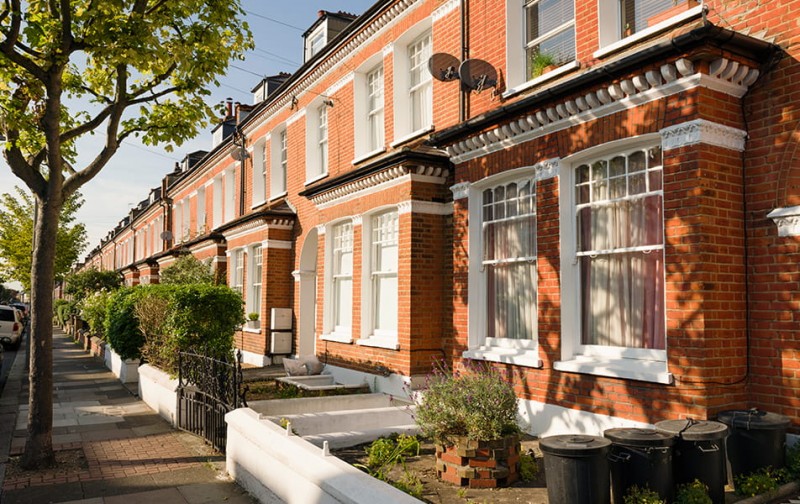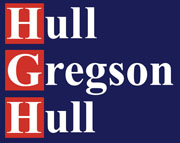
The UK housing market remains in decline but there are some signs of stabilisation, with an improvement in new buyer inquiries and sales last month, according to surveyors.
Many told the Royal Institution of Chartered Surveyors (Rics) that a return of optimism, and lower than expected interest rates, had given the housing market some hope for the coming months after a sluggish start to the year.
The Rics monthly survey measures the proportion of surveyors who reported a rise in new buyer inquiries from those saying they fell. It showed a net balance of -29% last month – up from -45% in January. While this still points to a drop in demand, and is the 10th consecutive negative reading, it is the smallest decline since July.
The new sales indicator also improved in February, from a net balance of -36% to -26%. However, the average time taken to complete a transaction continues to rise and is now approaching 19 weeks.
“Increasing numbers of properties are coming to the market, providing buyers with more choice for the first time in over two years,” said Kenneth Bird, a chartered surveyor at Renton & Parr in Wetherby, West Yorkshire.
Ben Hudson, of Hudson Moody in York, said sales were returning as interest rates did not appear to peak as high as predicted last year.
Mortgage rates rose to about 6.5% in October after the Liz Truss government’s disastrous mini-budget but have since been reduced to between 4% and 5%.
The Bank of England last month raised its base rate for the 10th consecutive time, to 4%, but its governor, Andrew Bailey, last week signalled they may have peaked. Financial markets are still pricing in two more rises to about 4.5%, however, in contrast with last autumn’s forecasts that borrowing costs would peak between 5% and 6% this year.
In the mainstream housing market (covering prices up to £500,000), about 60% of surveyors said that prices were being agreed at below the asking price. For properties priced between £500,000 and £1m, the share jumped to just over 70%.
The mortgage lender Halifax reported this week that UK house prices rose 1.1% in February from January, in a sign of resilience amid hopes that the broader economic downturn will not be as severe as feared.
Tarrant Parsons, a senior economist at Rics, said: “Given the ongoing weakness in demand, house prices remain on a downward trajectory, and are expected to see further falls through the first half of the year at least.
“Near-term expectations suggest market activity will remain generally subdued over the coming months, although the latest survey feedback shows tentative signs that the ongoing decline in buyer inquiries is now moderating.”
Meanwhile, in the lettings market, tenant demand continues to increase, with a net balance of +32% of surveyors reporting higher demand.
At the same time, supply is falling as landlord instructions continue to decline, although at a lesser pace than in recent months at -13%. Given the imbalance, the rent expectations reading remains at a relatively high level of +45%.
Before Wednesday’s budget, Rics stressed the critical role housing has to the UK economy, and the need to boost supply through new-builds and commercial property conversations. It called for more government help to scale up the retrofitting of UK homes, and welcomed the Eco+ initiative, which offers grants for insulation.
Sam Rees, a senior public affairs officer at Rics, said the government must do more to support landlords who are leaving the market because of increasing cost and regulation challenges. “Rics would also encourage the government to restore the local housing allowance to the 30th percentile to support those private renters who are struggling with rising rents.”
